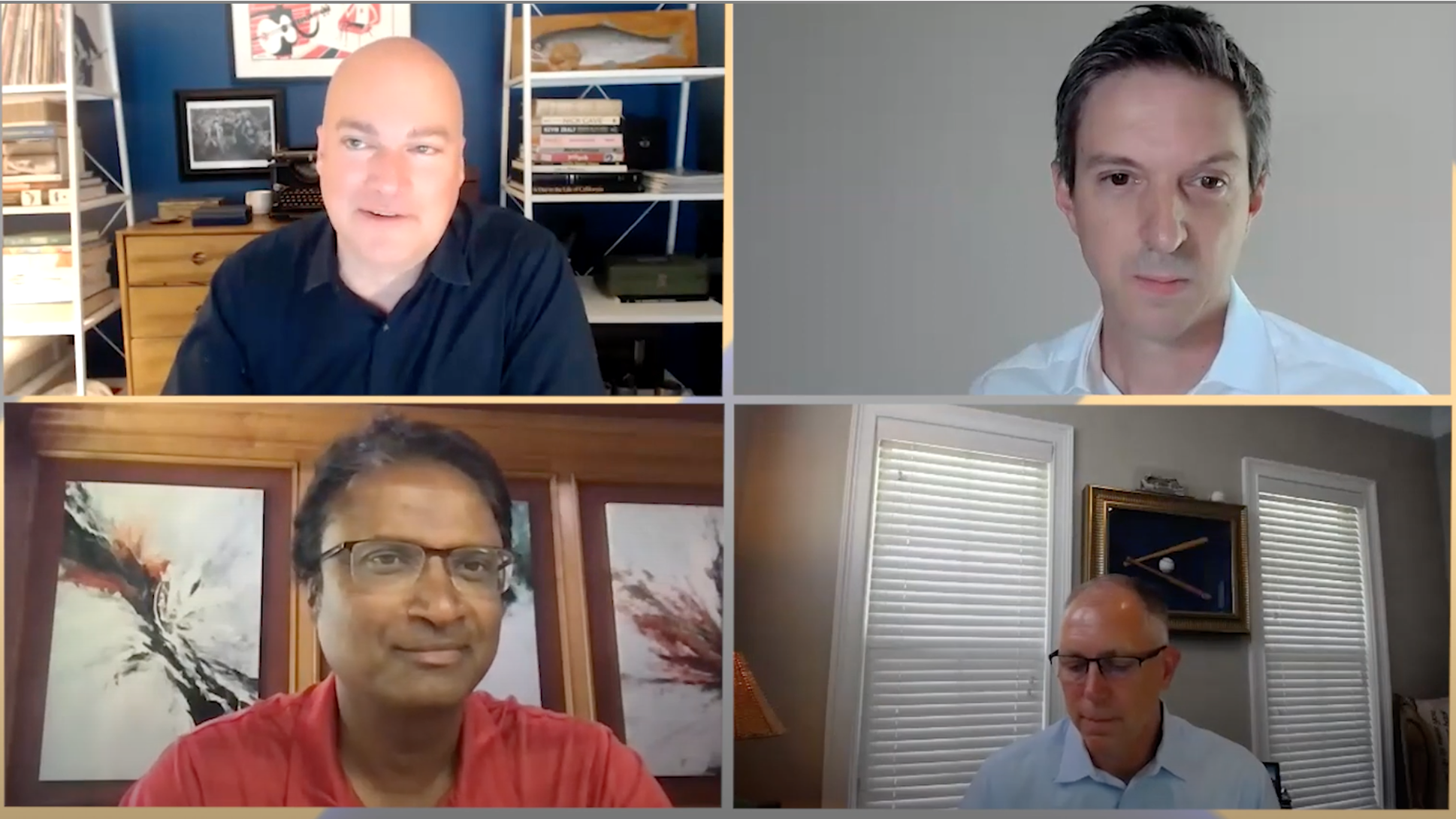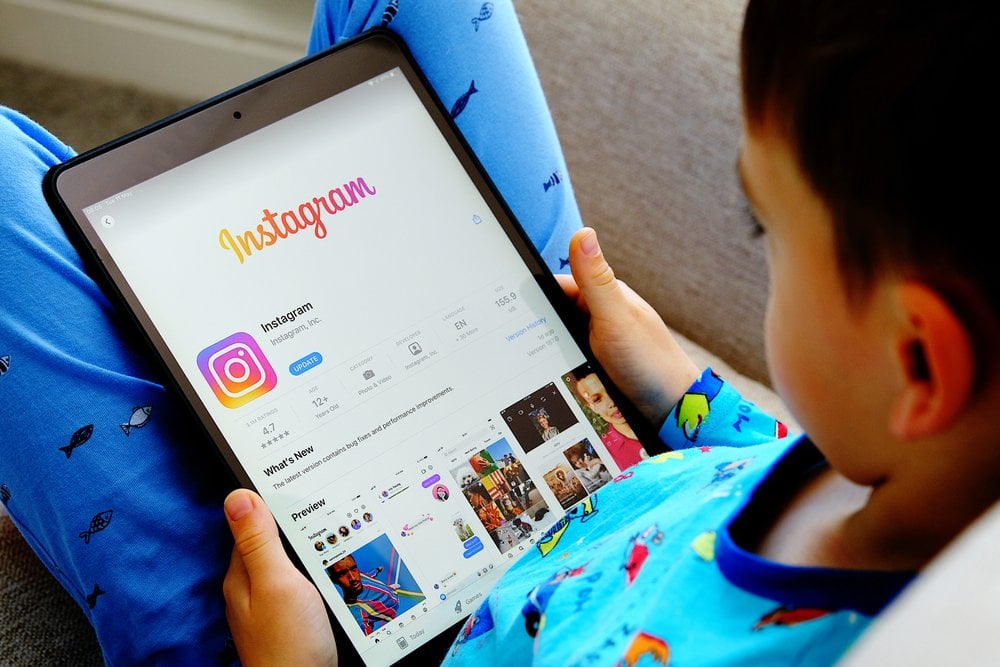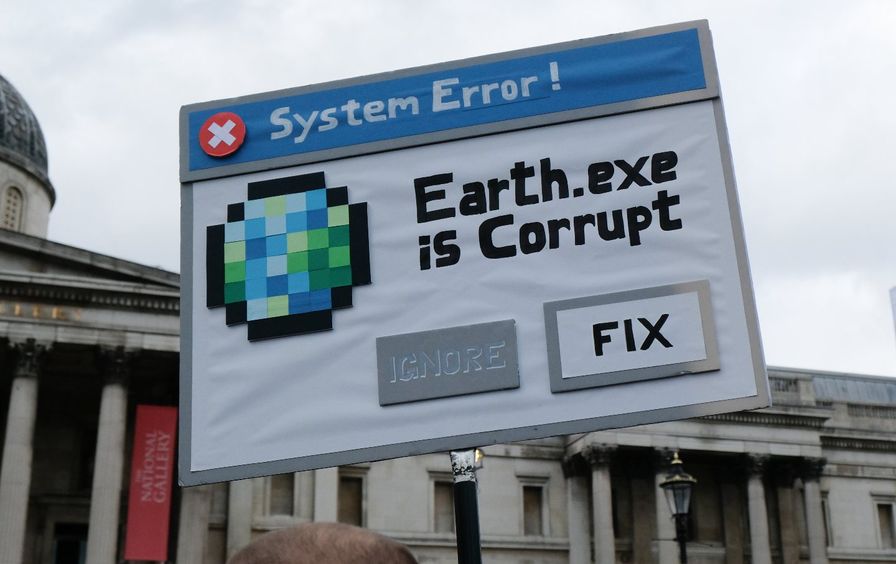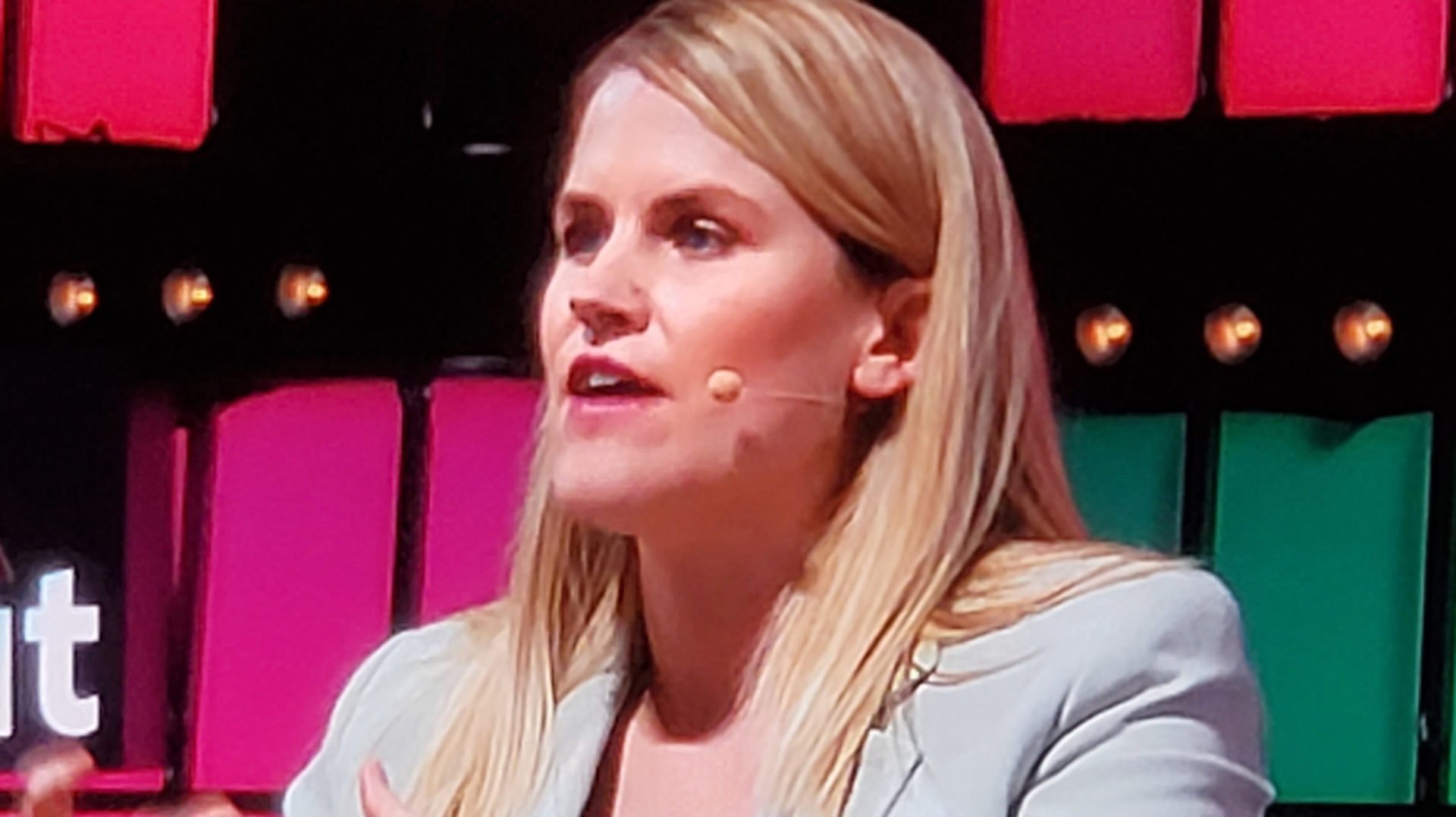This weekend at Techonomy 2012, we gather near Tucson to try to make sense of the explosion of data, the empowerment of the planet by mobile devices, how companies and governments must reorganize themselves, the insurgent influence of robots, and the growing global power of a few key American Internet companies. And that’s just all I could fit into the first sentence.
Our conference, now in its third year, aims to make sense of a world in transformation. We believe there is no better lens through which to see the future than technology. Technology is changing everything, but our project is not to look at tech itself but rather at its impact. We plant ourselves firmly at the intersection of technology and the economy because we think that’s where leaders ought to plant themselves. We also seek to turn more people into leaders. We invite a select few to our retreat in the desert, but broadcast the proceedings to the world, because we think anyone can benefit from hearing the thinkers we convene.
Legendary futurist and apostle of man/machine convergence Ray Kurzweil helps us kick off the proceedings on Sunday the 11th, and veteran visionary Gordon Bell helps wrap things up two days later. Kurzweil sees machines and brain science inexorably converging towards the day when we get machines that are smarter than we are. Bell invented the VAX at Digital Equipment in the 1980s, and today is a leader in the movement to use computers and cameras to record and store every last bit of data about our lives. Bell is in effect, at age 78, seeking actively to live out Kurzweil’s predictions. Sandwiched between them on our program are masters of business transformation, some of the world’s great investors, economists studying a digital society, government leaders, and altruists who use tech to make the world a better place. We think you get the best insights when you bring together the most diverse group. Fifteen countries are represented at Techonomy 2012.
We open with the long view—we call it “The End of Offline.” What will the world look like when everyone—eventually all 9 billion inhabitants—is networked together with mobile tools? This moment is coming sooner than any of us would have guessed. An economist, a mobile strategist, a VC, and an undersecretary of state put their heads together on this panel. As the conference proceeds, other sessions look at what this internetworked reality means for cities, for the risks of war, for the future of media, for education, philanthropy, and how companies must innovate when customers are as connected as the CEO.
Data looms large over Techonomy 2012. Five sessions explore in various ways the extraordinary potential for the transformation of business and how we live through our growing ability to aggregate and analyze vast data sets on just about anything. Joe Tucci, the longstanding CEO of data-storage giant EMC, one of the best-respected bosses in tech, sits down for a conversation about leadership and the prospects for data. We’ll also hear from the CEOs of QlikView, TIBCO, and Factual, companies devoted to improving how we analyze and act on all that data. Photographer and journalist Rick Smolan will show us his eye-opening new project “A Day in the Life of Big Data.”
One session asks whether the U.S. can stay competitive when technology innovation is being embraced by every other nation. Another proposes a solution: examining how the U.S. economy and jobs would benefit if we aggressively embraced the potential of a technologized service economy and exported our capabilities to the rest of the world. An expansive post-dinner roundtable on this week’s presidential election, moderated by Matthew Bishop of The Economist, brings together veteran political thinkers from right, left, and center to explore what President Obama’s re-election will mean. And what about China, as it goes through its once-a-decade leadership transition? We will discuss. We also devote a panel to the prospects for technology and growth in Africa, the continent with most to gain because it now has the least. As mobile tech gets into everyone’s hands there, the implications are far-reaching, and very positive.
If we don’t listen to young people, they may completely bypass us, because they become conversant with the evolving tools of tech faster than older people do. Techonomy puts on stage three inspiring people no older than 21 who are already making a big dent in addressing the world’s problems, including Eden Full, who won the Staples Ashoka prize for youth entrepreneurship at last year’s Techonomy, and is back this time to tell us where her self-focusing solar collector startup will go next. Her big goal, as for several other young people at Techonomy, is to change the lives of historically disadvantaged village dwellers in the developing world.
We also believe in the power of art, so we’ve invited one of the world’s great musicians, Richard Thompson, to play Sunday night. Thompson is a master folk and rock songwriter whose technique is the envy of other guitarists. This freethinker doesn’t even tune his guitar strings the usual way.
While our discussions are aimed especially at general businesspeople, whom we believe can benefit tremendously from studying and taking cues from what happens in Silicon Valley, we also scrutinize the influential politics of the Valley itself. One session looks at the complex competition and interrelationships between Amazon, Apple, Facebook, and Google, a quartet we call “the fantastic four.” And Techonomy 2012 closes with a first–two top Facebook executives together, one each from the product and advertising sides. David Fischer, who oversees all advertising, and Sam Lessin, the inventor of the Timeline, explain how they work together and where this world-changing colossus will go next. We call it The Facebook Effect, Continued.
We have 250 extraordinary guests with us in Arizona. But if you can’t be among them, watch the conference live on our home page, starting at 5pm Eastern time, Sunday the 11th. Tweet us your questions and we will ask them onstage. Even the Richard Thompson performance will stream live. We just want to keep making this dialogue better and more impactful.
Click here for a complete video archive of Techonomy 2012.
Here Comes the Techonomy Conference
This weekend at Techonomy 2012, we gather near Tucson to try to make sense of the explosion of data, the empowerment of the planet by mobile devices, how companies and governments must reorganize themselves, the insurgent influence of robots, and the growing global power of a few key American Internet companies. And that's just all I could fit into the first sentence.















